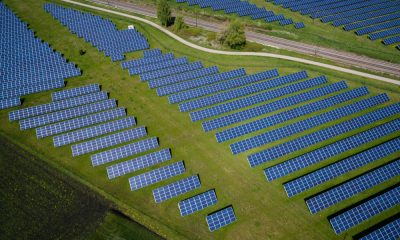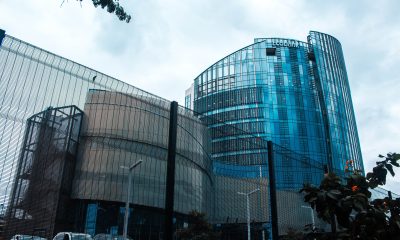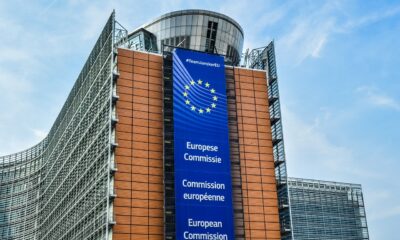Business
Italy closes all non-essential production activities amid the coronavirus crisis
In a desperate effort to stop the extensive spread of the new coronavirus in Italy, the country’s Prime Minister Giuseppe Conte announced that starting today, March 22nd, only supermarkets and pharmacies will remain open. Conte stated that the economy is not stopped, but the slow-down is necessary in order for the country to stop the pandemic. On March 21st, 546 people died from COVID-19.
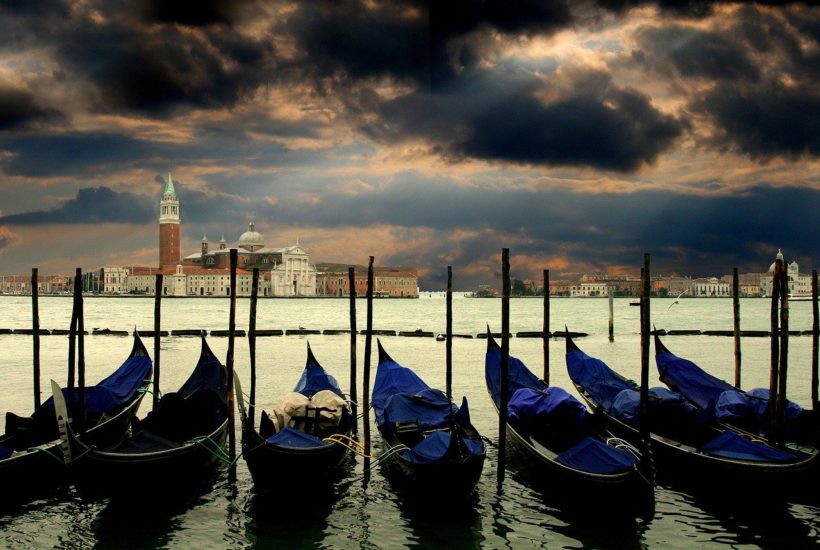
The Italian Prime Minister, Giuseppe Conte, ordered on Saturday, March 21st, the closure of “all non-essential production activities” after the upsurge of coronavirus cases that the country has presented during the last day.
“We will close all non-essential production activities until April 3rd. Pharmacies, supermarkets, and para pharmacies will remain open. Essential services will be guaranteed: banks, post offices, and insurance companies,” the Prime Minister said in a press conference, reported Europa Press.
For the latest news about the COVID-19 pandemic and its effects on the world’s economy, download for free our companion app Born2Invest. The most important financial news from around the world is now easier to find. Our in-house team of journalists is making efforts to provide only the business news that matters to you.
Italians are asked to keep their calm and follow the rules
“We are facing the greatest challenge after the Second World War. United, we will succeed,” said the president, who asked the Italians to remain calm. Among the activities that the Executive considers essential are agriculture, fishing, and food, as well as information and communication services.
He stressed that all companies must encourage teleworking and that only employees who carry out activities “relevant to national production” in factories throughout the country will continue to work.
“We are slowing down Italy’s engine, but not stopping it,” he said, aware that the regions most affected are Lombardy, Emilia Romagna, and Veneto, which together account for 40% of Italy’s gross domestic product (GDP).
Supermarkets and pharmacies will be open daily
The prime minister also referred to the controversy unleashed in the country after some regions such as Veneto (north) decided to close supermarkets on Sundays and holidays to avoid concentrations of people, reported Efe.
Some politicians in the country are against this proposal, such as former prime minister and leader of the governing Italia Viva, Matteo Renzi, who has said it would be a mistake because it would create long queues and increase the risk of contagion.
“There is no restriction on the days when supermarkets are open, I invite everyone to stay calm, there is no need to go in masses and create long queues,” he argued.
Conte encouraged all Italians to respect “the rules, with patience, responsibility, and trust” so that the number of infections would decrease, and recognized that “staying at home is not easy” but that it is the only solution to protect the lives of all people.
Italy remains the most affected country in the world, with 546 deaths on March 21st
“Our sacrifice of staying home is minimal compared to that made by other citizens, hospital workers, law enforcement officers, supermarket and utility employees. Men and women who not only go to work but who do an act of great responsibility to the nation every day,” he concluded.
The Italian government confirmed on Saturday, March 21st, that 793 people have died nationwide in the last 24 hours from the coronavirus pandemic, a new daily record, totaling 4,825 deaths and 53,578 confirmed cases after 4,821 new cases were detected.
Saturday’s spike is mainly due to new figures in the Lombardy region, the most affected in the country, where 546 people have died in 24 hours, according to regional health care advisor Giulio Gallera.
__
(Featured image by Alois_Wonaschuetz via Pixabay)
DISCLAIMER: This article was written by a third party contributor and does not reflect the opinion of Born2Invest, its management, staff or its associates. Please review our disclaimer for more information.
This article may include forward-looking statements. These forward-looking statements generally are identified by the words “believe,” “project,” “estimate,” “become,” “plan,” “will,” and similar expressions. These forward-looking statements involve known and unknown risks as well as uncertainties, including those discussed in the following cautionary statements and elsewhere in this article and on this site. Although the Company may believe that its expectations are based on reasonable assumptions, the actual results that the Company may achieve may differ materially from any forward-looking statements, which reflect the opinions of the management of the Company only as of the date hereof. Additionally, please make sure to read these important disclosures.
First published in EL INDEPENDIENTE, a third-party contributor translated and adapted the article from the original. In case of discrepancy, the original will prevail.
Although we made reasonable efforts to provide accurate translations, some parts may be incorrect. Born2Invest assumes no responsibility for errors, omissions or ambiguities in the translations provided on this website. Any person or entity relying on translated content does so at their own risk. Born2Invest is not responsible for losses caused by such reliance on the accuracy or reliability of translated information. If you wish to report an error or inaccuracy in the translation, we encourage you to contact us.

-

 Business2 weeks ago
Business2 weeks agoTopRanked.io Weekly Affiliate Digest: What’s Hot in Affiliate Marketing [CamSoda Affiliate Program]
-

 Impact Investing2 days ago
Impact Investing2 days agoLoyal Is Working on a Drug to Extend the Life of Dogs
-
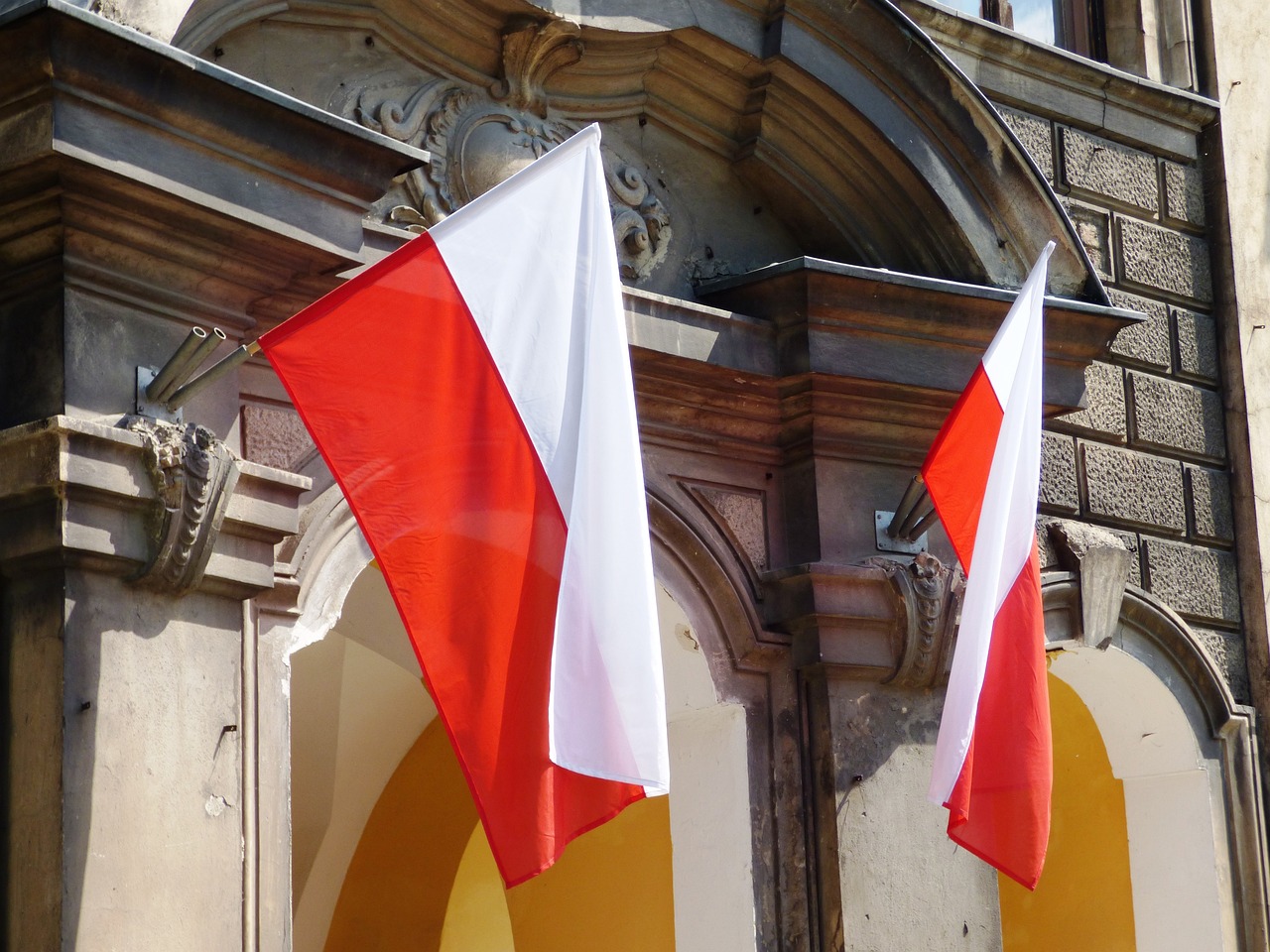
 Crowdfunding1 week ago
Crowdfunding1 week ago4fund.com, a Polish Crowdfunding Portal Which Has Raised 275 Million Enters the Italian Market
-

 Crypto2 weeks ago
Crypto2 weeks agoTensor (TNSR): Marketplace for Solana NFTs Launched its Own Coin






